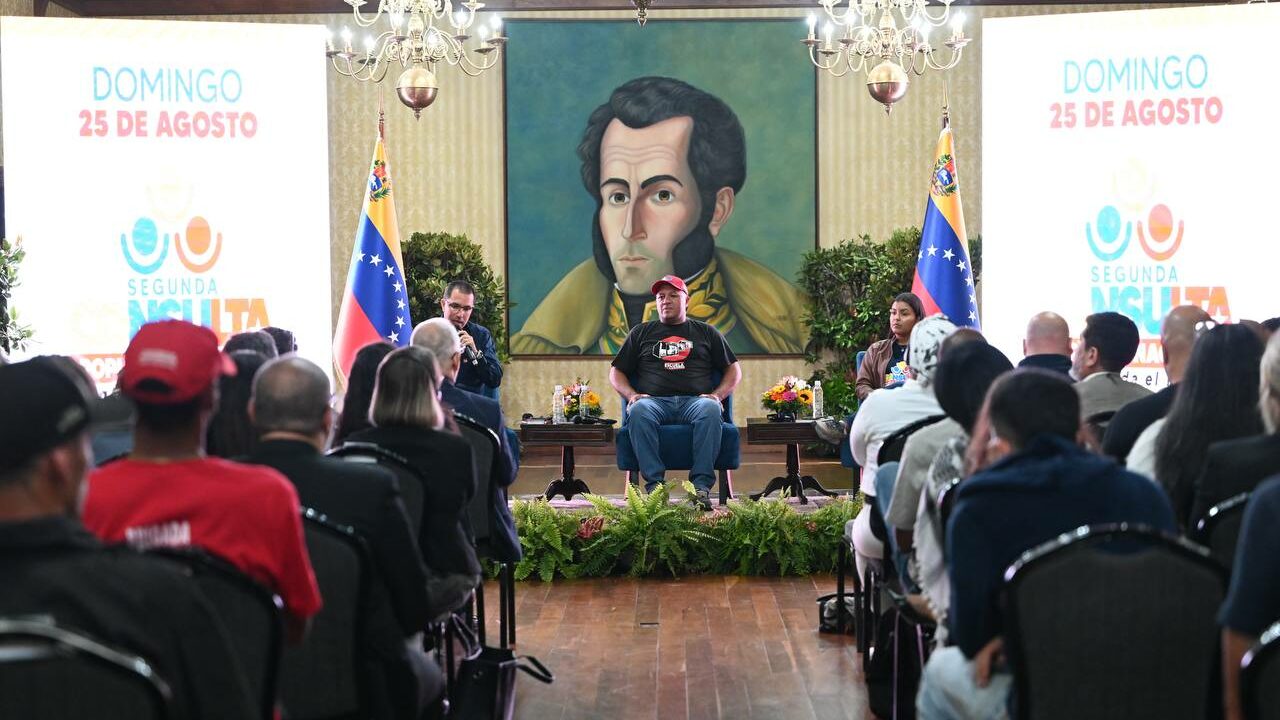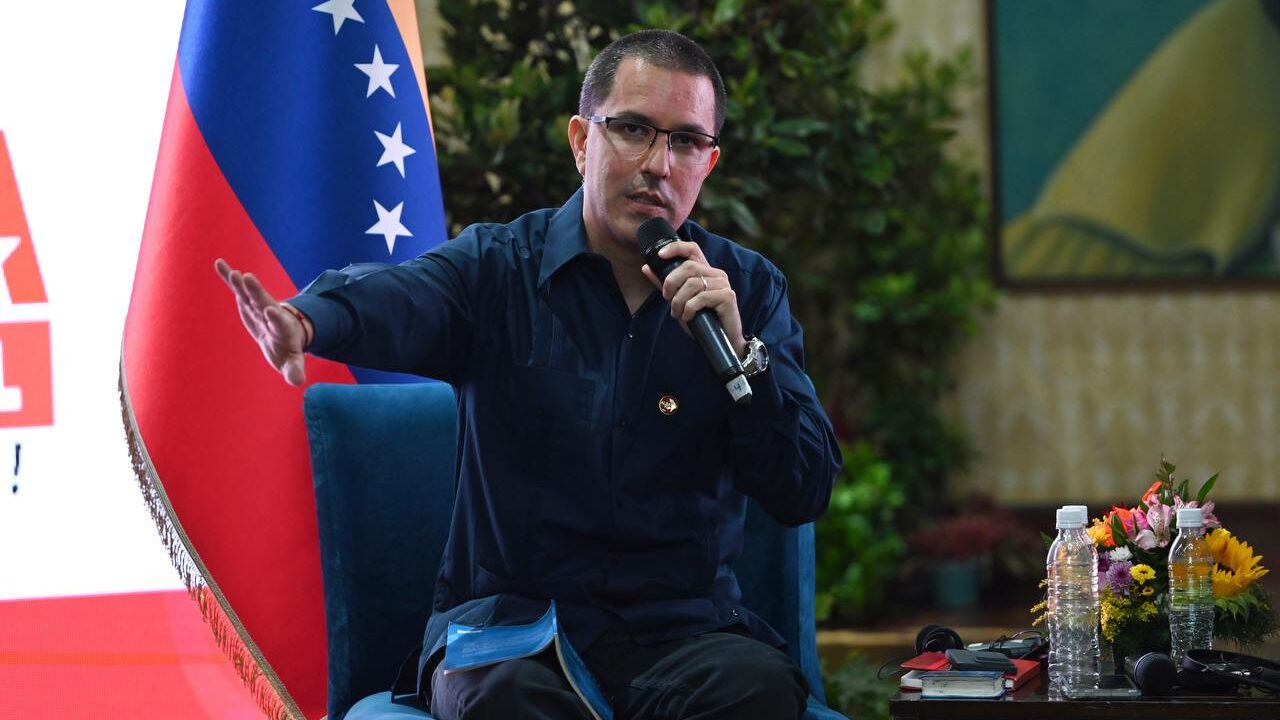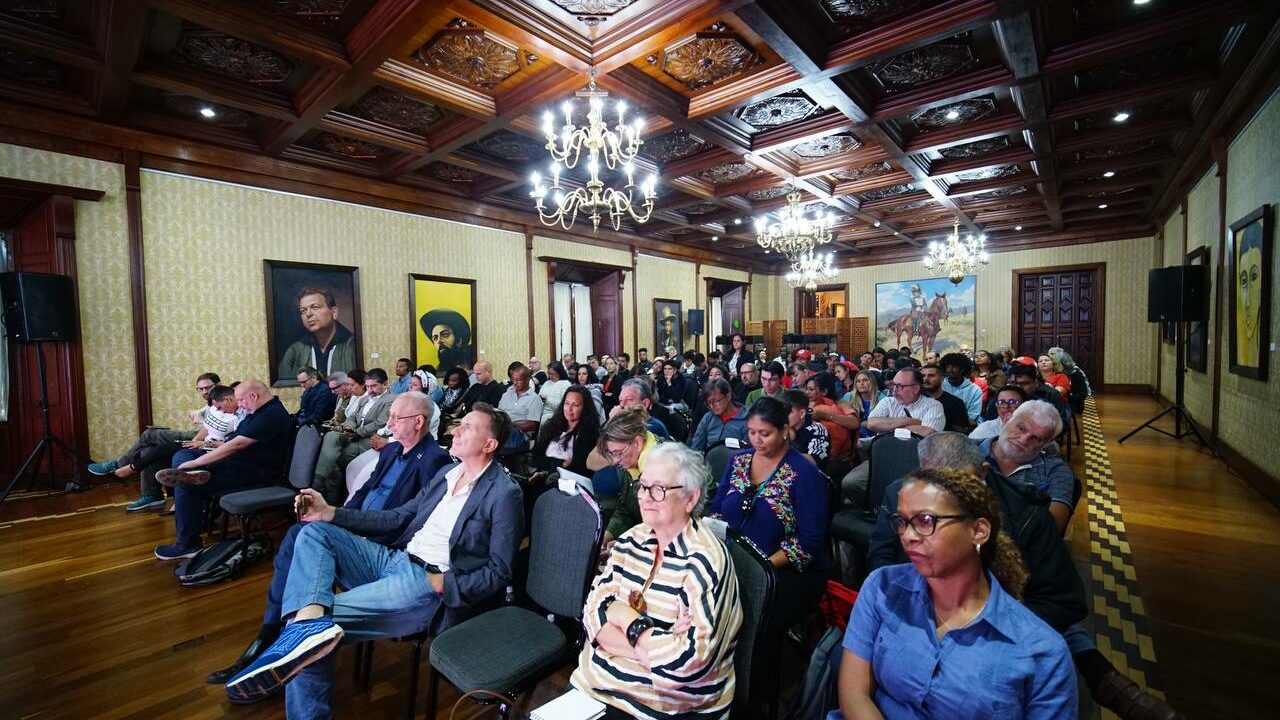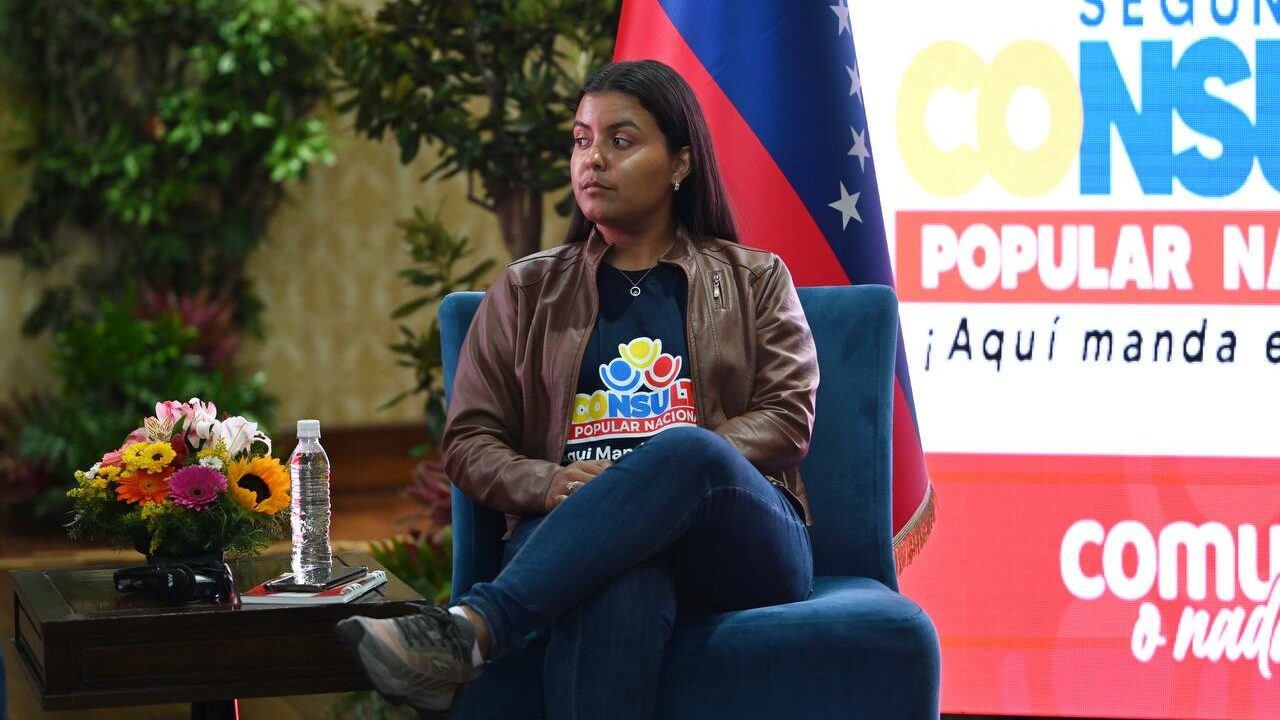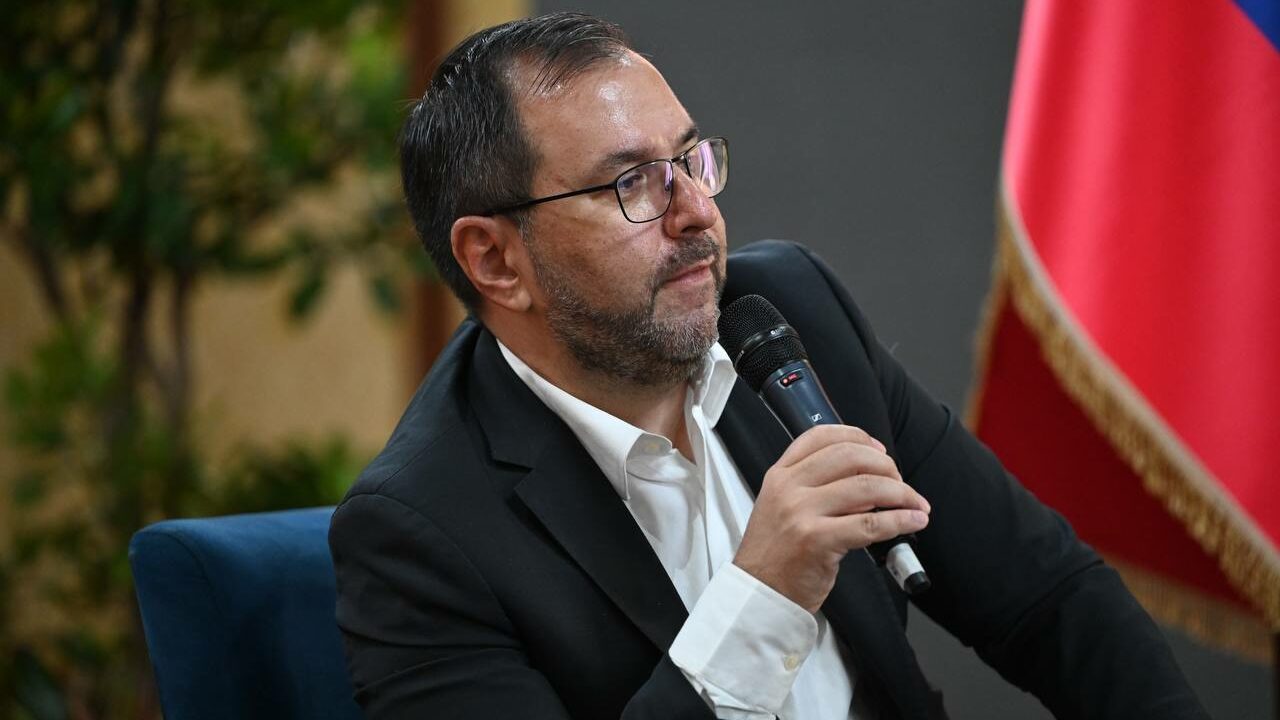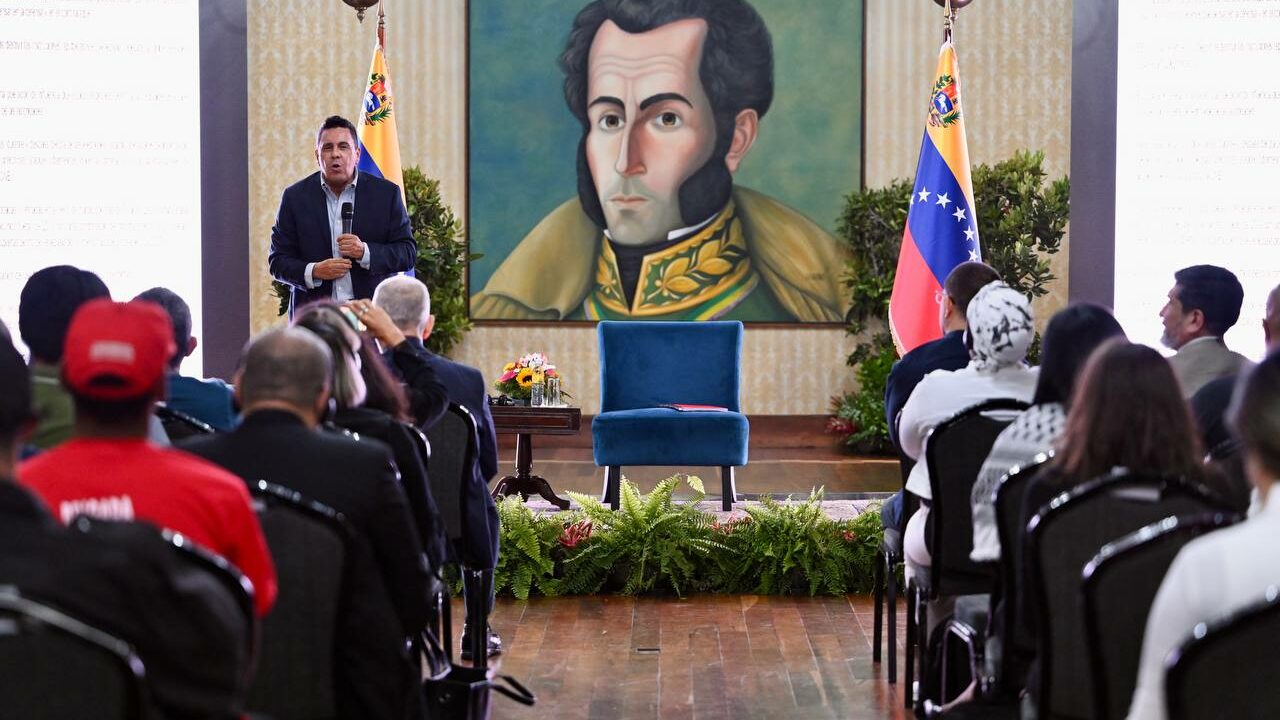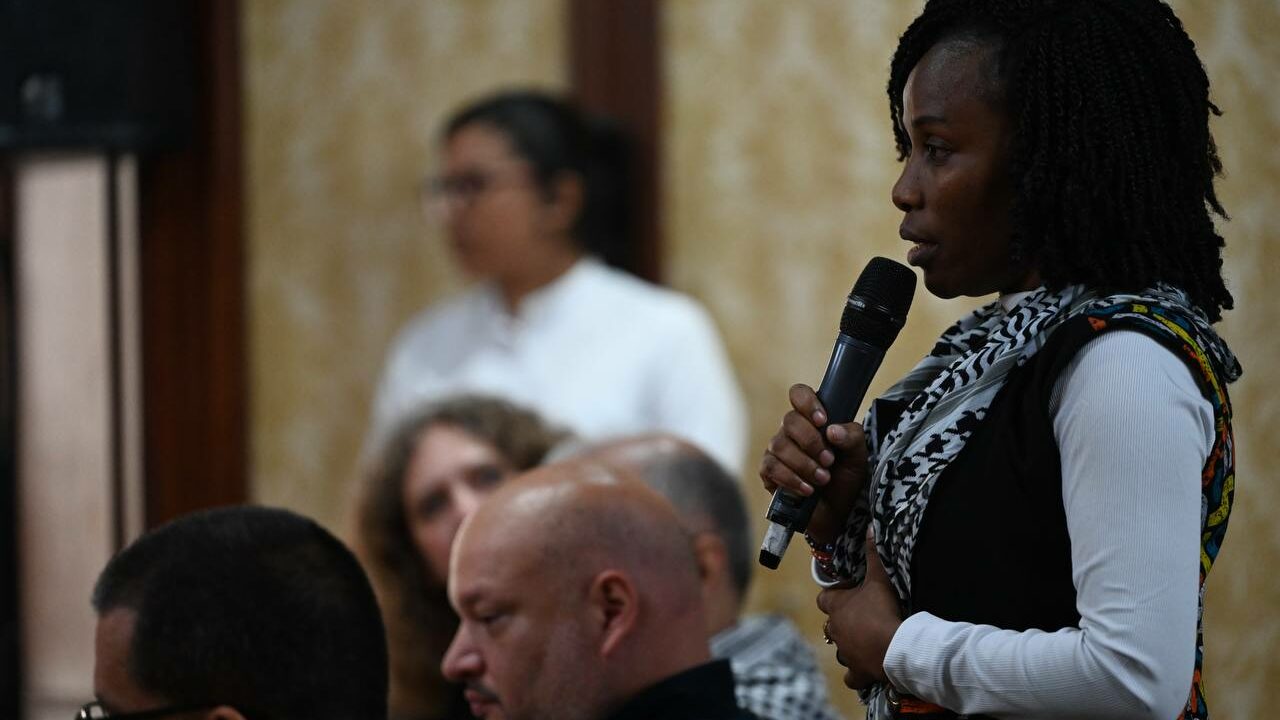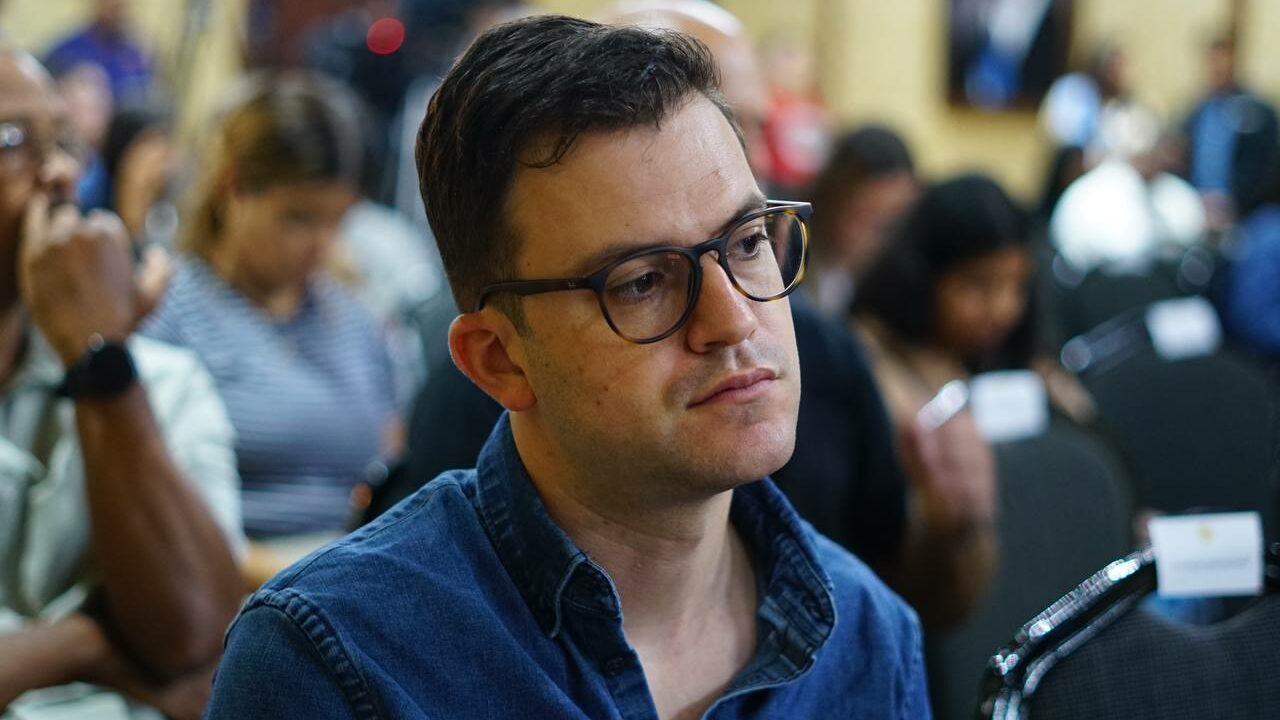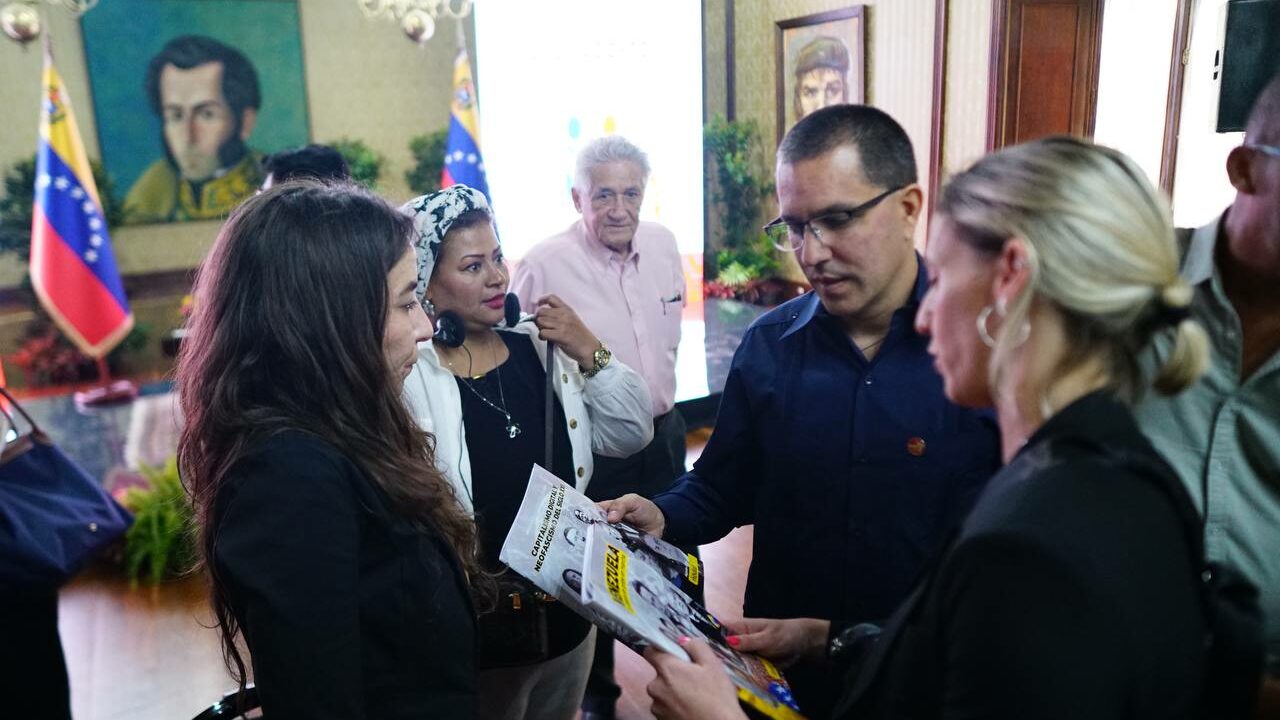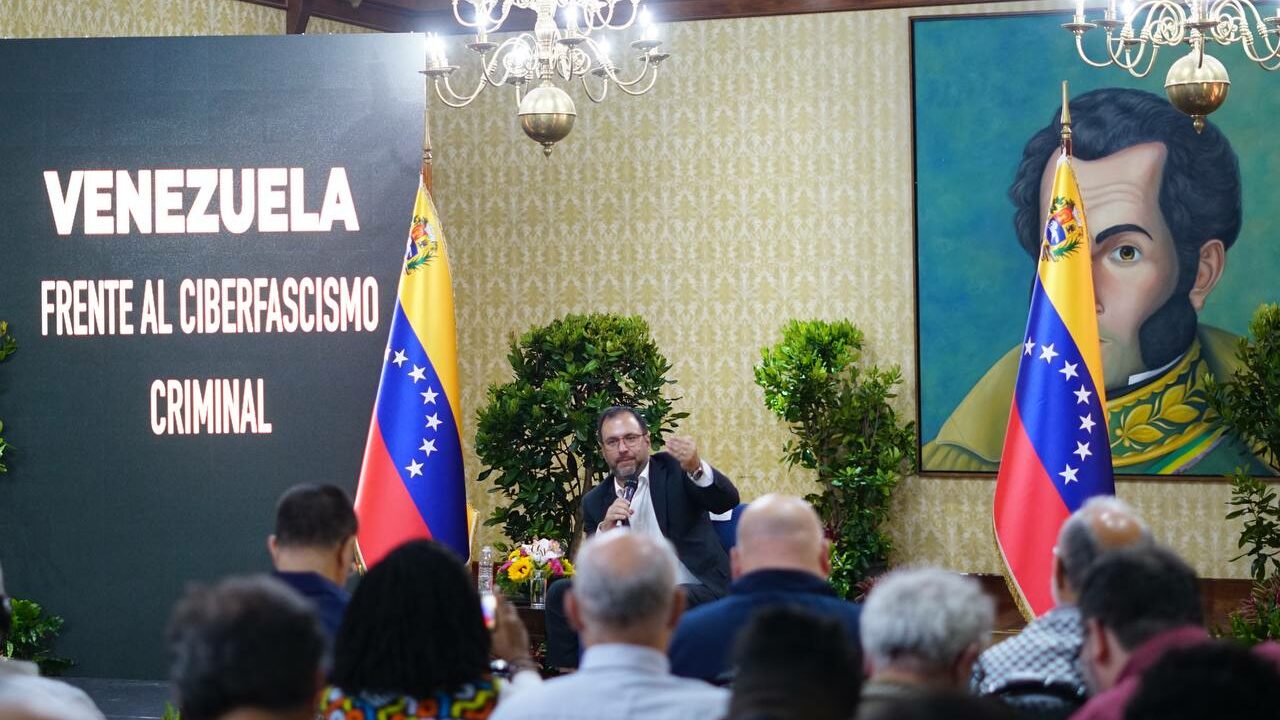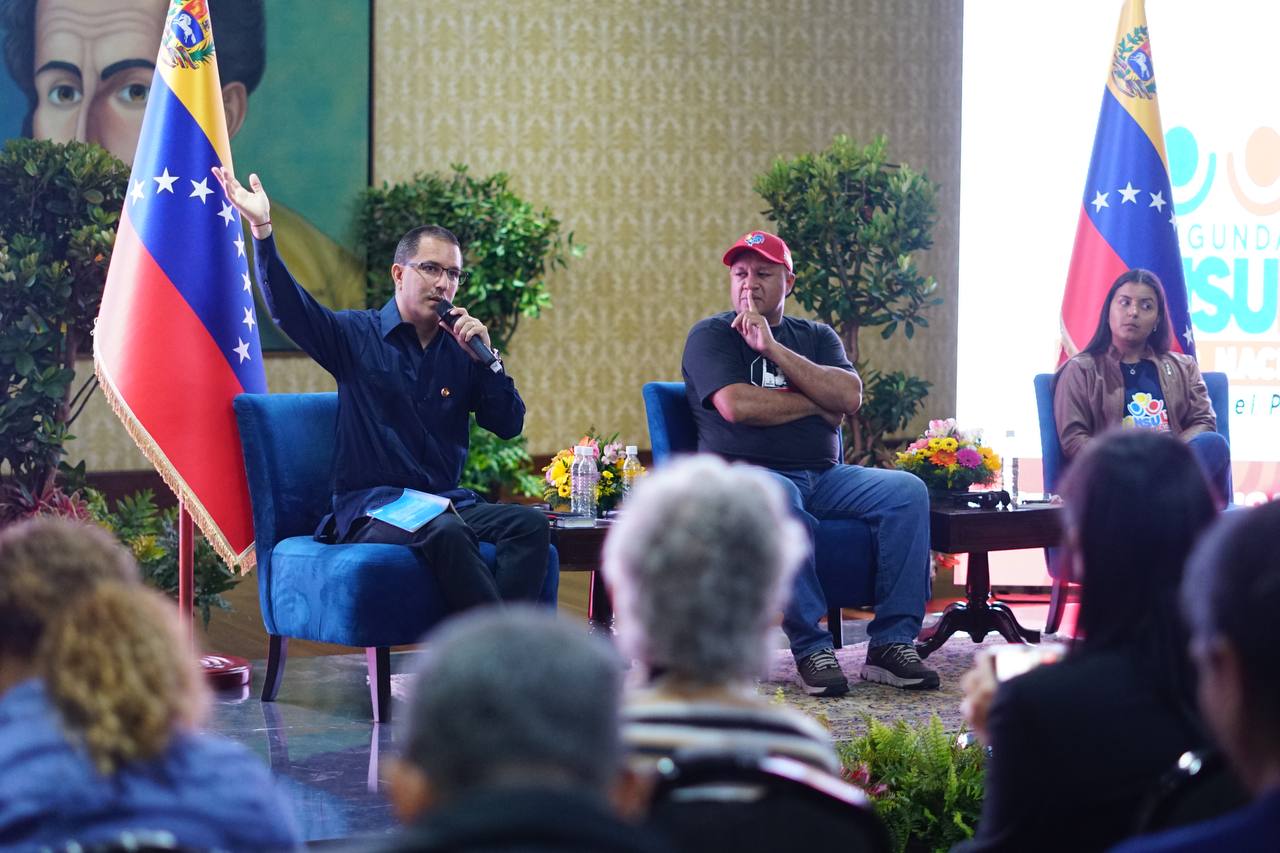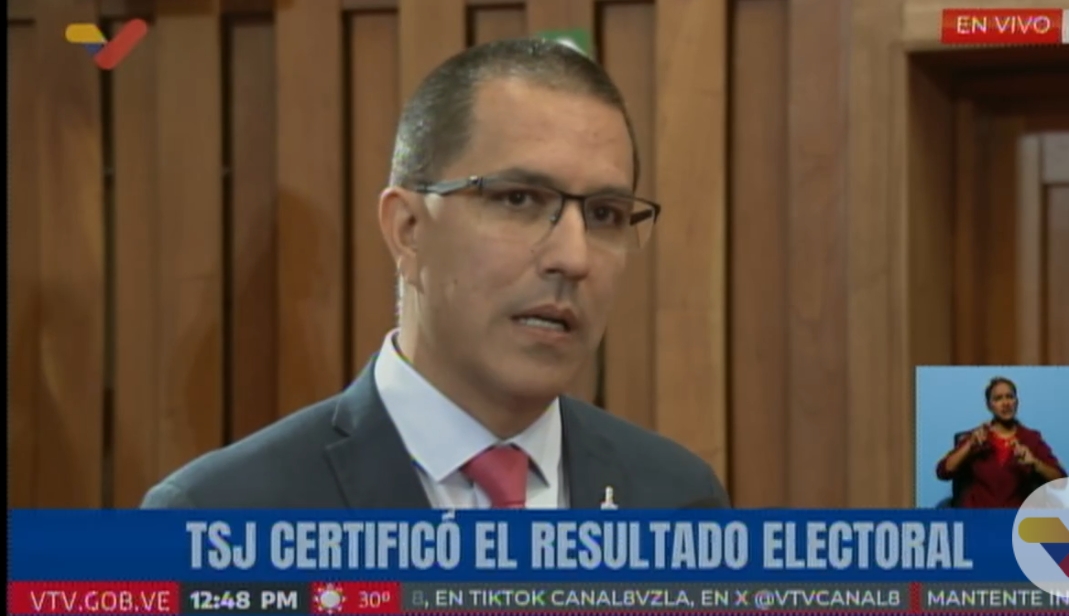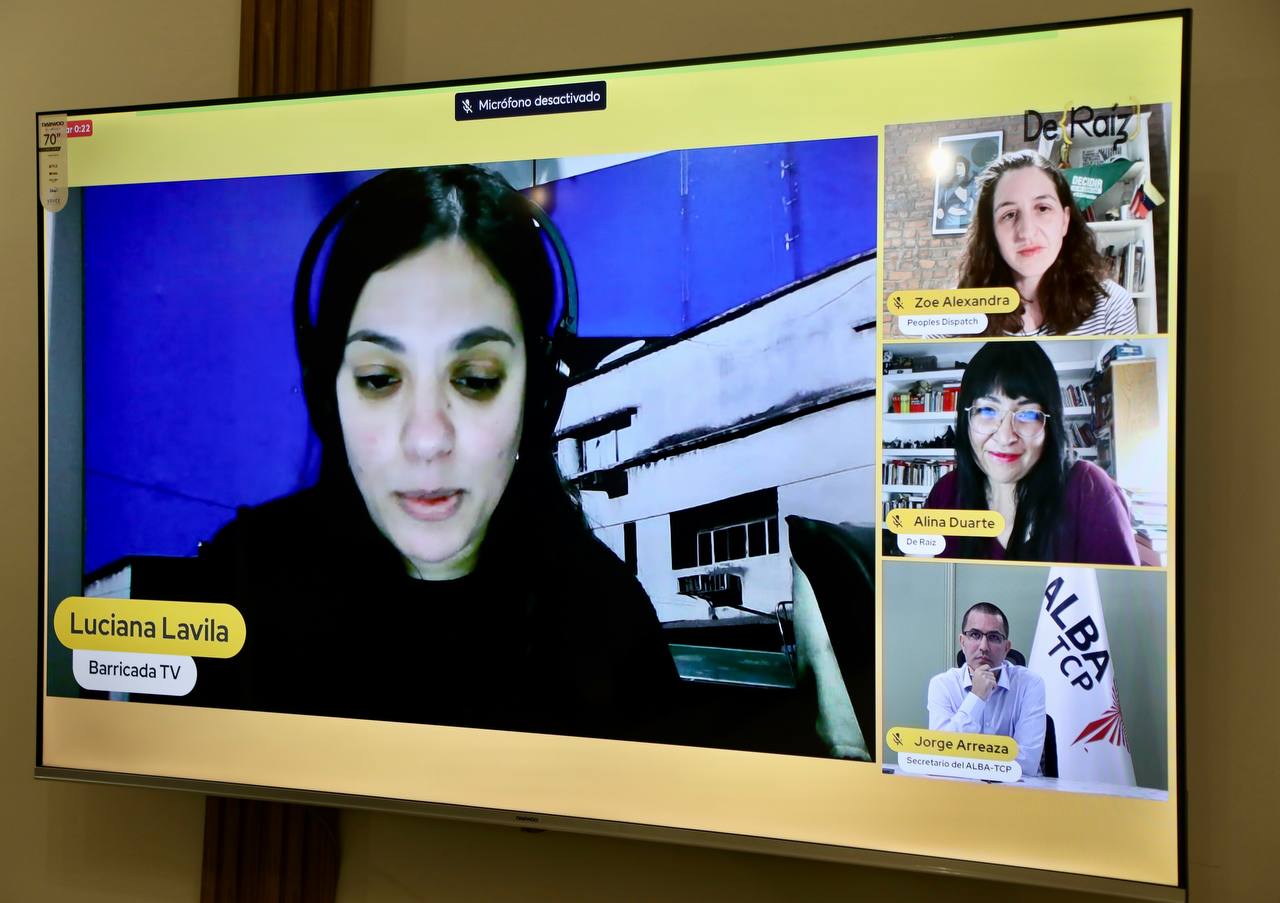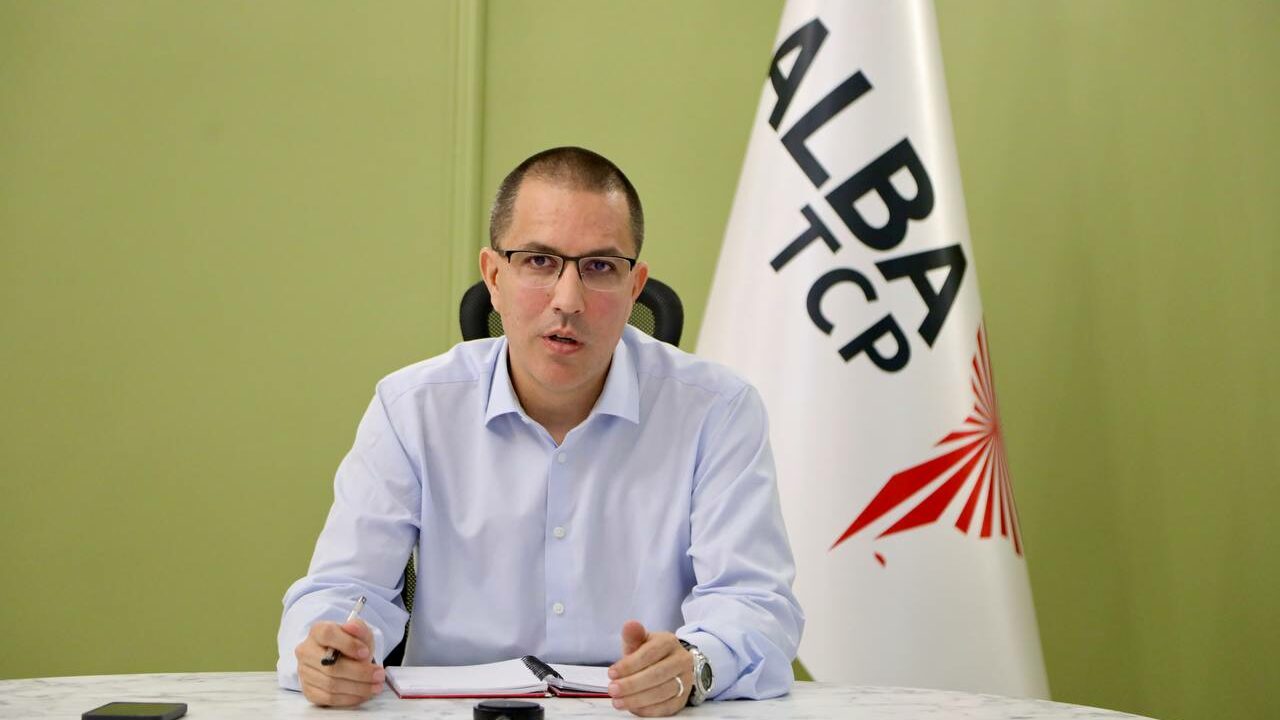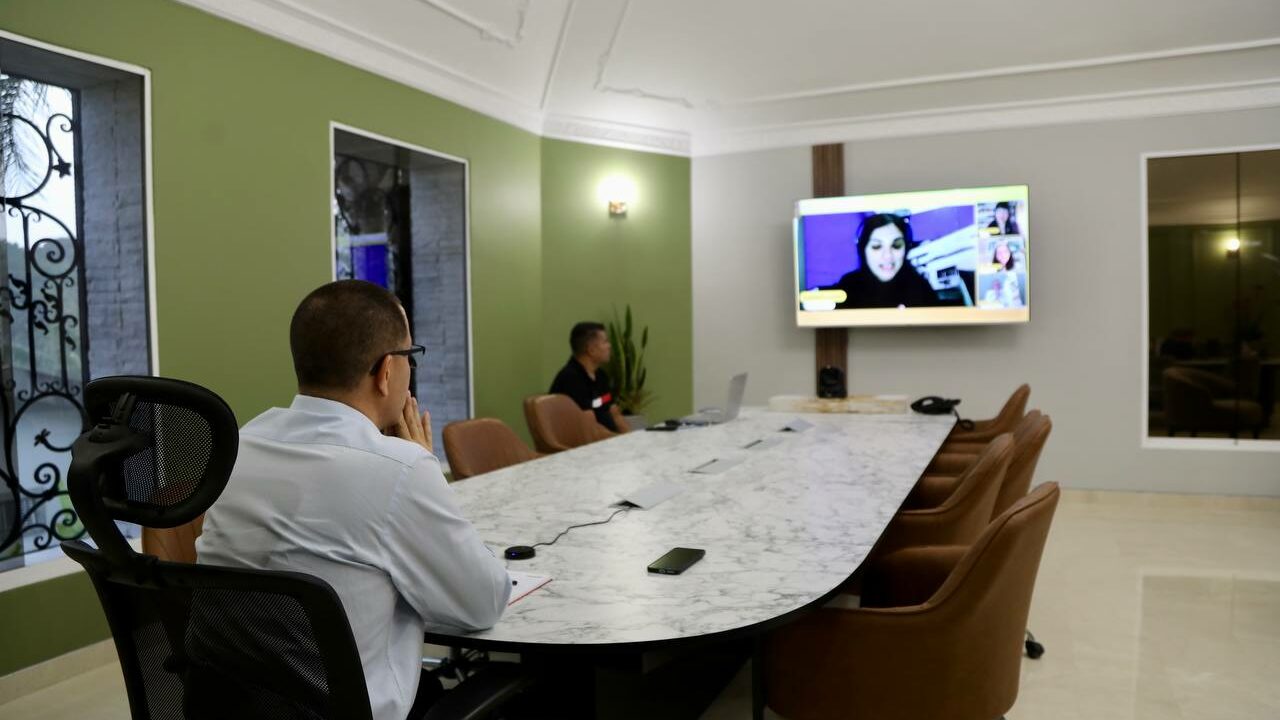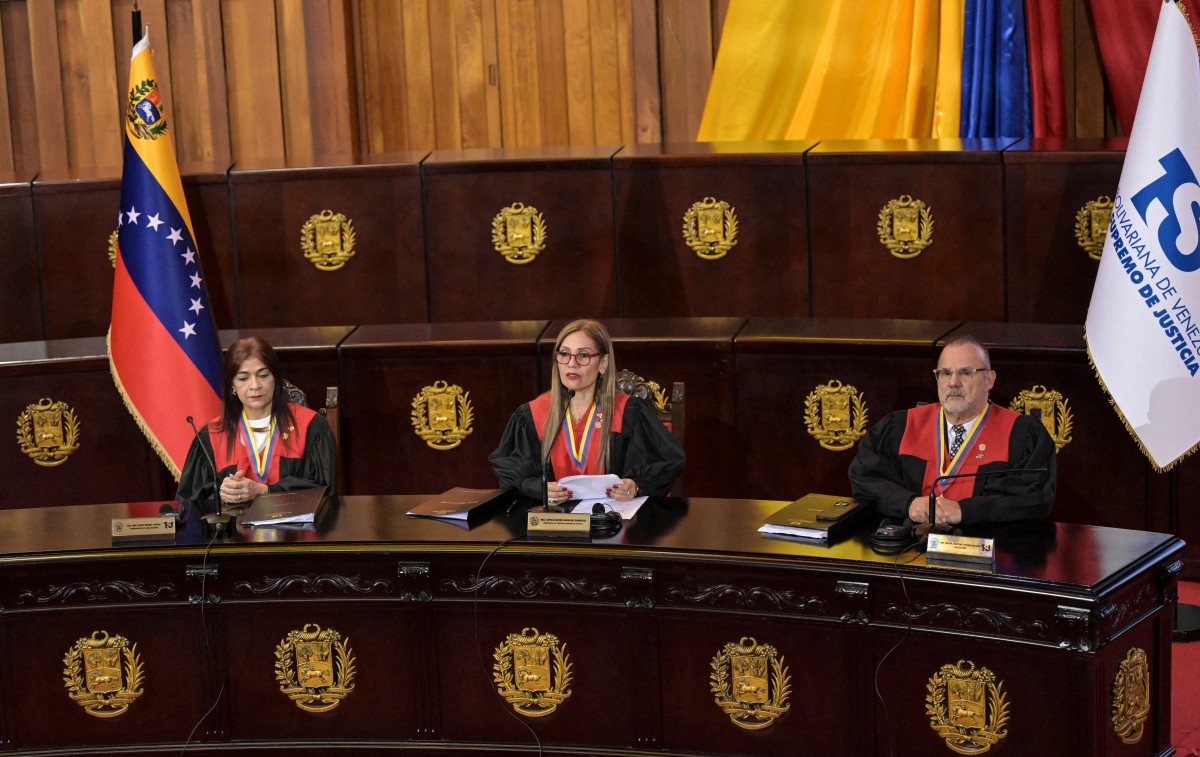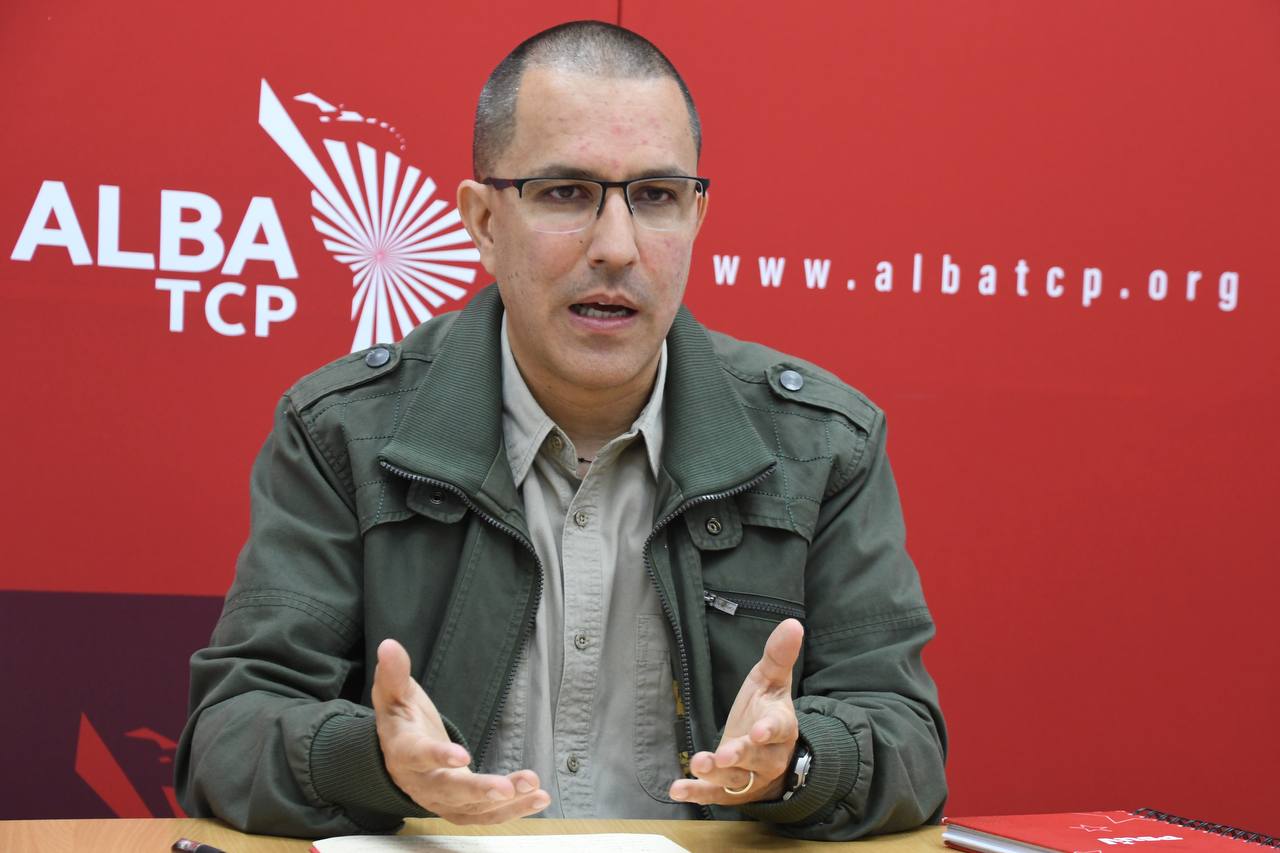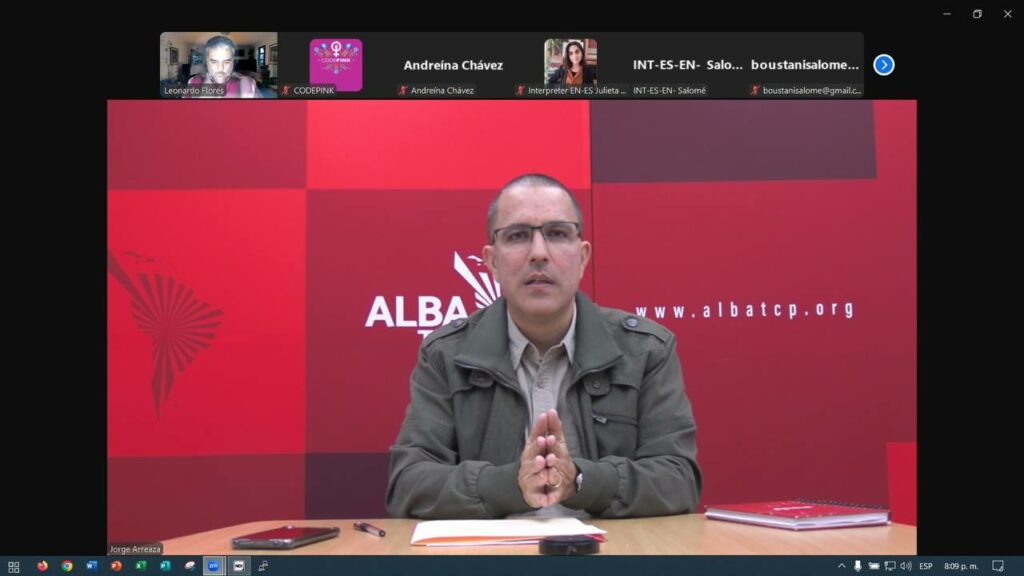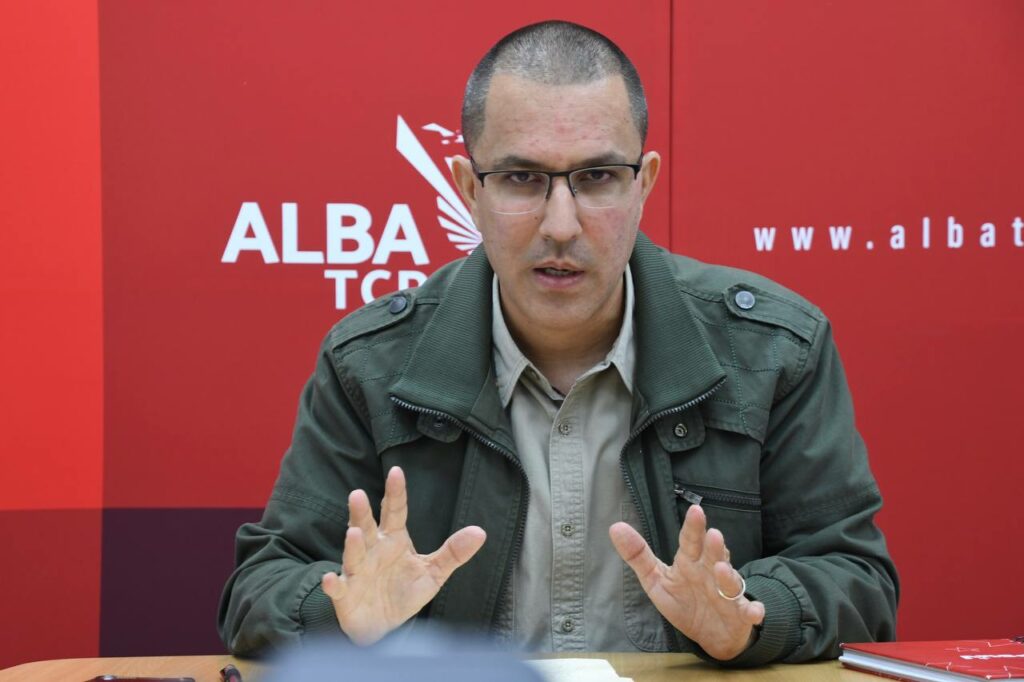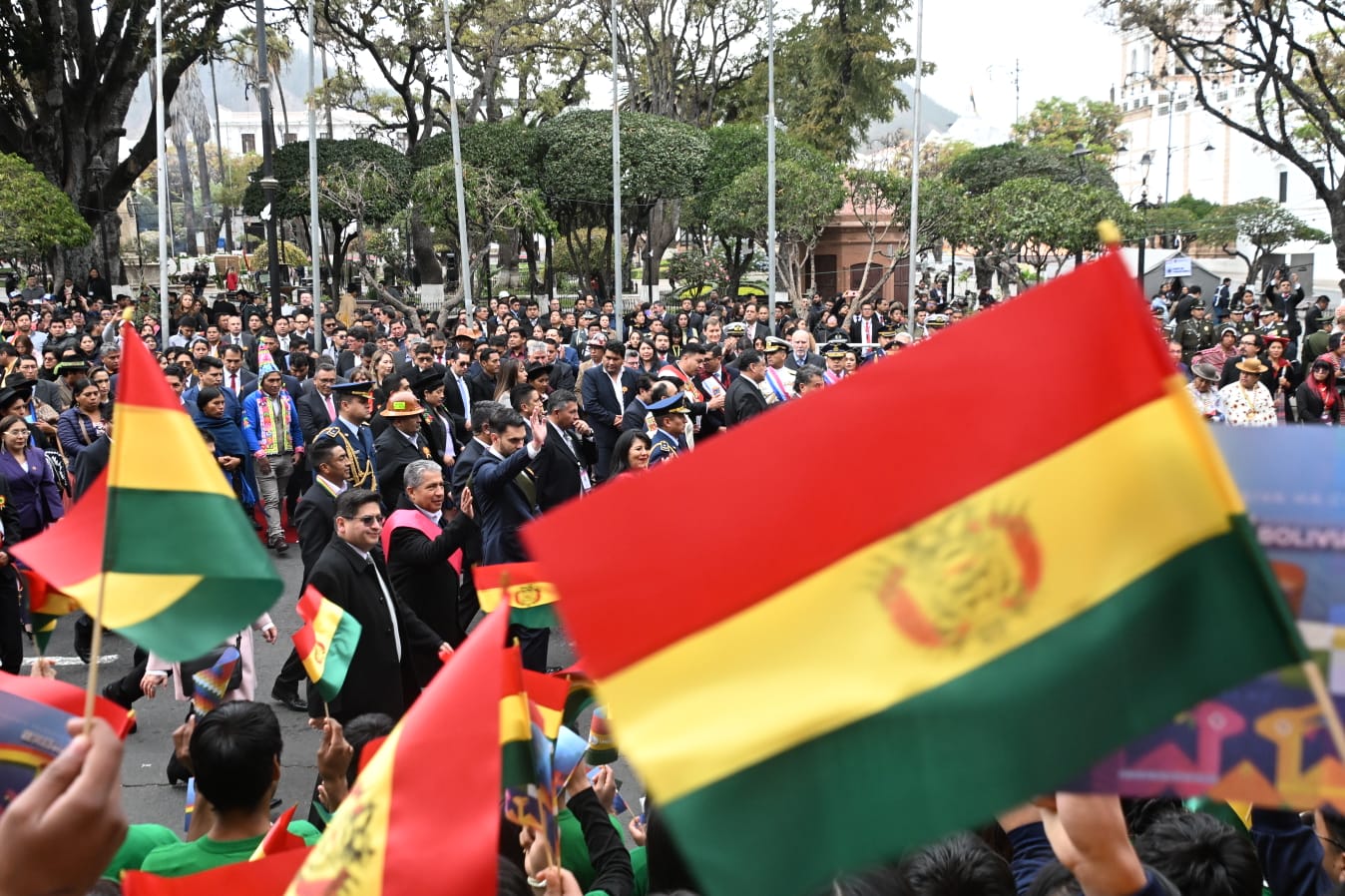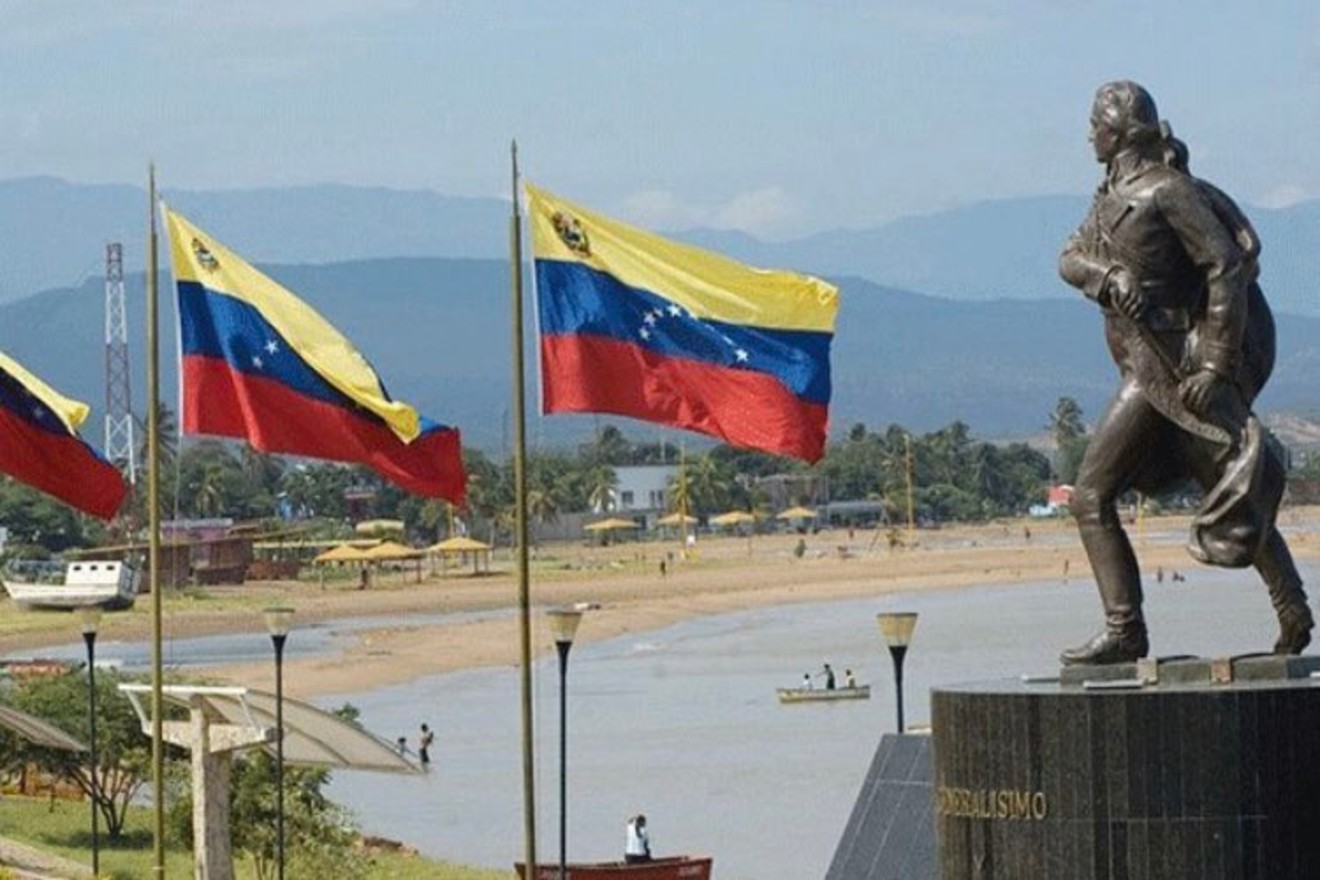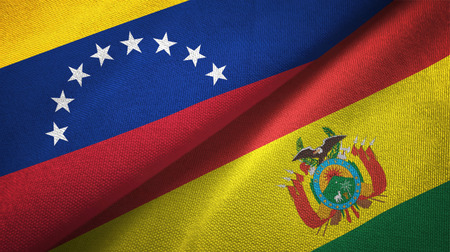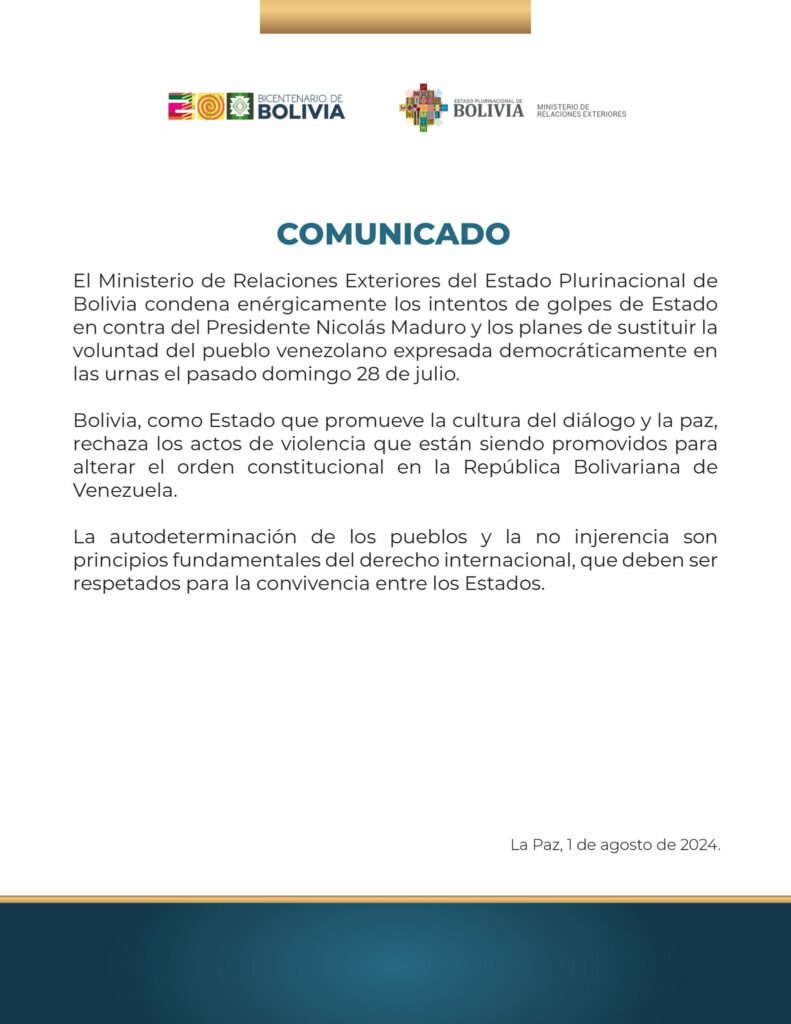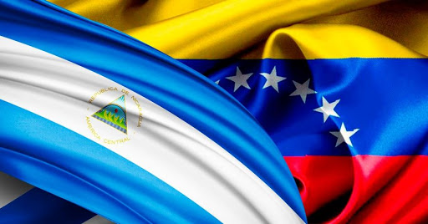Caracas, August 24, 2024 – A meeting with international observers of the second National People’s Consultation, which will take place on August 25 around the country, was held this Saturday at the ‘Casa Amarilla’ in Caracas.
The Vice President of Communal Councils and Communes of the United Socialist Party of Venezuela (PSUV), Jorge Arreaza, participated in this meeting, emphasizing that this electoral process is essential for the strengthening of the Communes, a form of participatory and protagonistic democracy promoted by Commander Hugo Chávez.
“A Communal Council is the institution established by the people within a specific territory (…) The Communal Council is the immediate government that the people create, which then extends to a higher institution, which are the Communes,” Arreaza explained to the attendees.
Referring to the historical journey of the Bolivarian Revolution, the leader emphasized that Chávez called for a Constituent Assembly in 1999, with the aim of refounding the State and empowering the people.
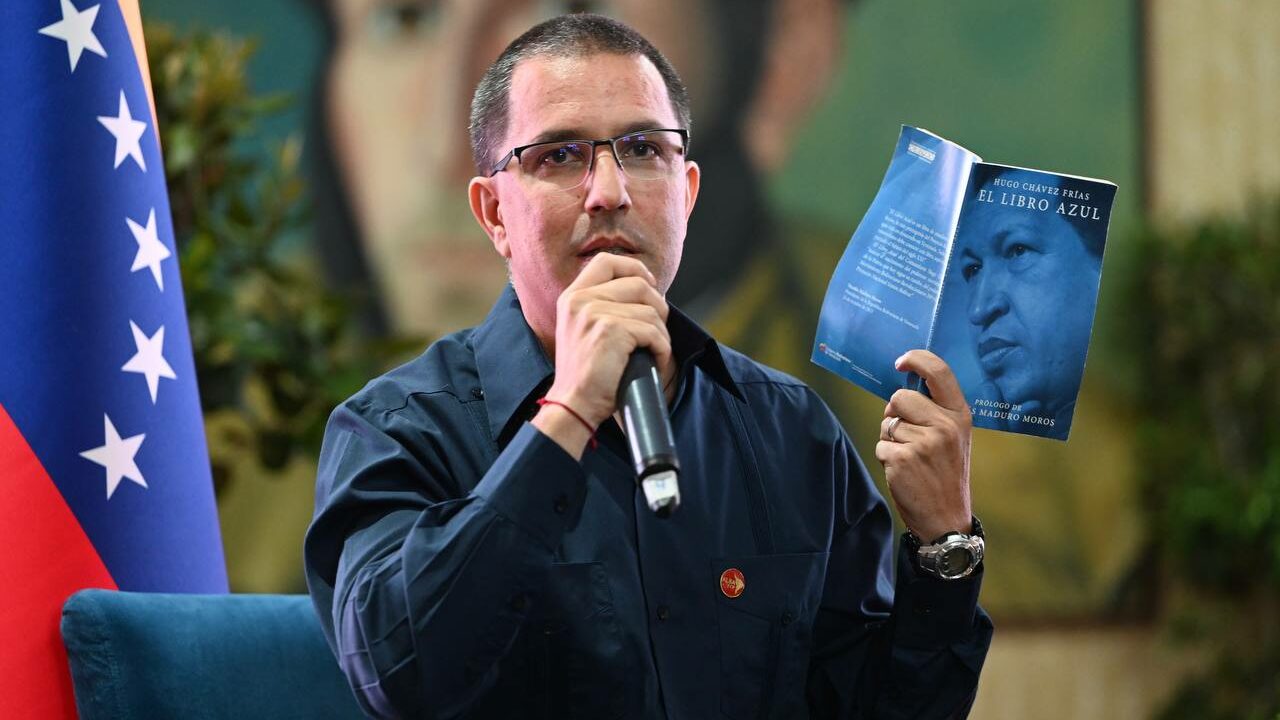
For Arreaza, the creation of Communal Councils and Communes is a living example of the democracy that exists in Venezuela, where the Government does what the people mandate, now through the projects chosen by the communal circuits in the consultation. ‘This is the true construction of socialism,’ he added, accompanied by the Minister for Communes and Social Movements, Ángel Prado.
4,500 Communes are completing or executing projects from the first consultation held in April. The people, in assemblies, chose which problems in their community they will solve, and the Government provides the resources.
For this to work, the Vice President of Communal Councils and Communes of the PSUVdetailed “the Government must be functioning well at its four levels: President, governorships, municipalities, and communities.”
Meanwhile, the Minister for Communes, Ángel Prado, expressed that the protagonists of this August 25 electoral process, the Communal Councils, are an example of empowerment and solidarity.
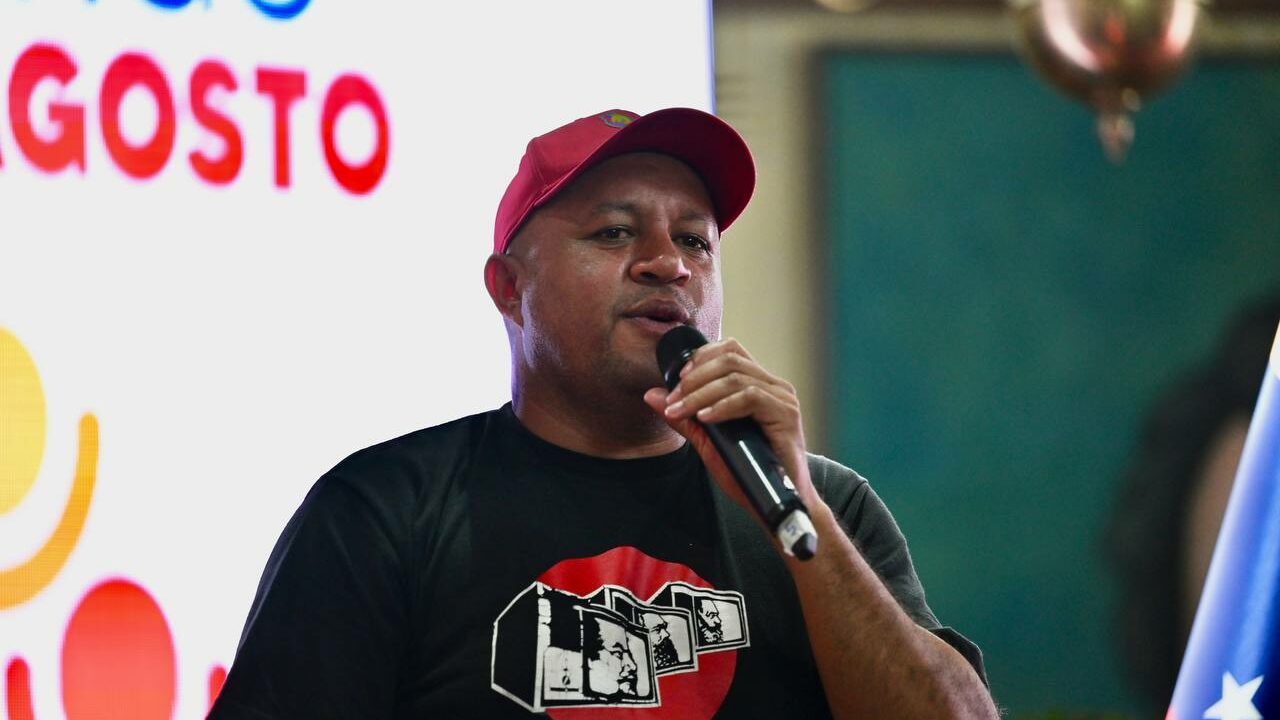
This empowerment, he said, is what the world’s great powers, the U.S. imperialism among other nations, fear.
Furthermore, he stated that the democratic celebration in the country began with the creation of the communal councils, leading up to this moment: the National People’s Consultation.
“Today, I know that the people of Latin America stand with the Venezuelan people, and together we will build socialism,” he emphasized.
